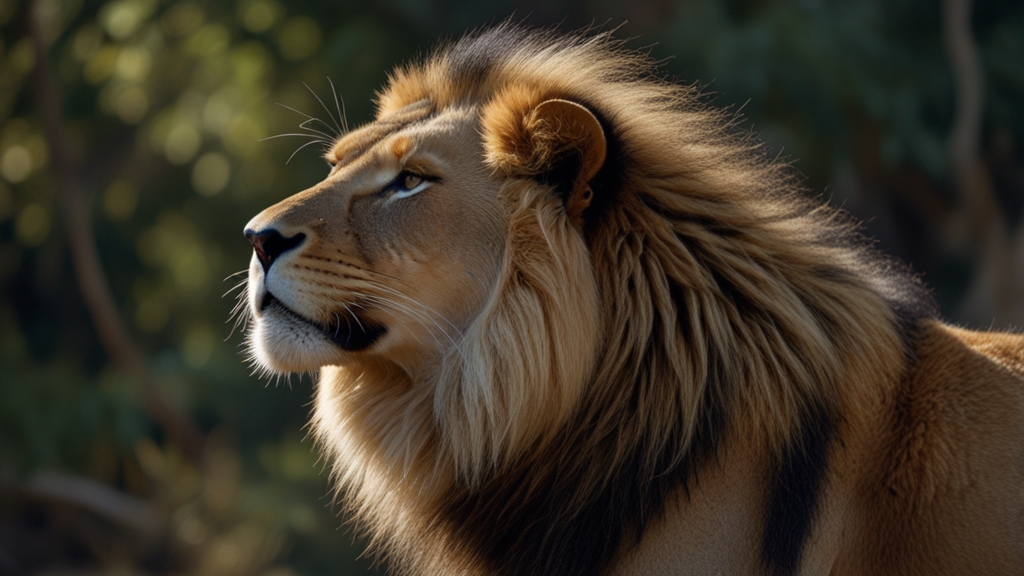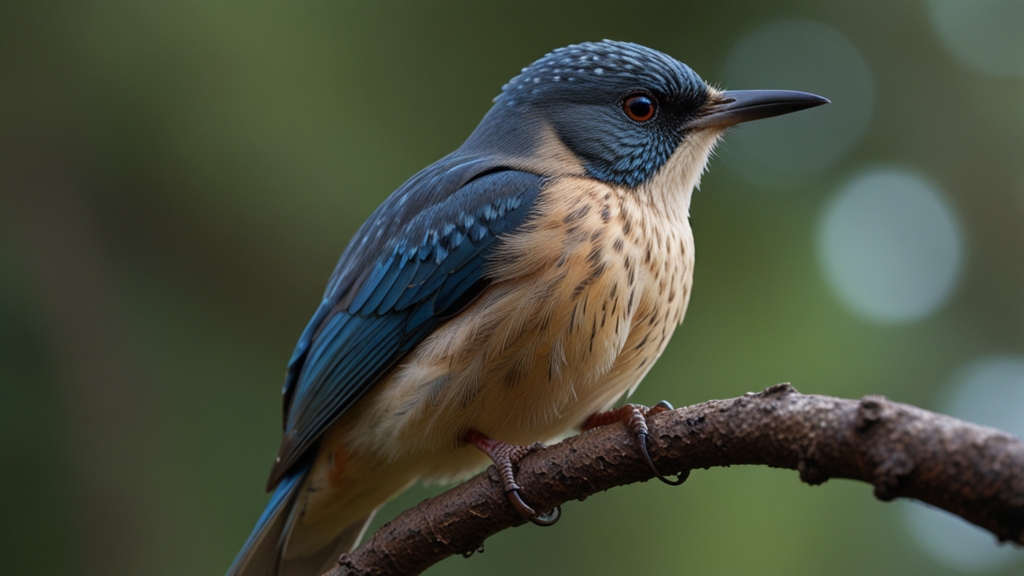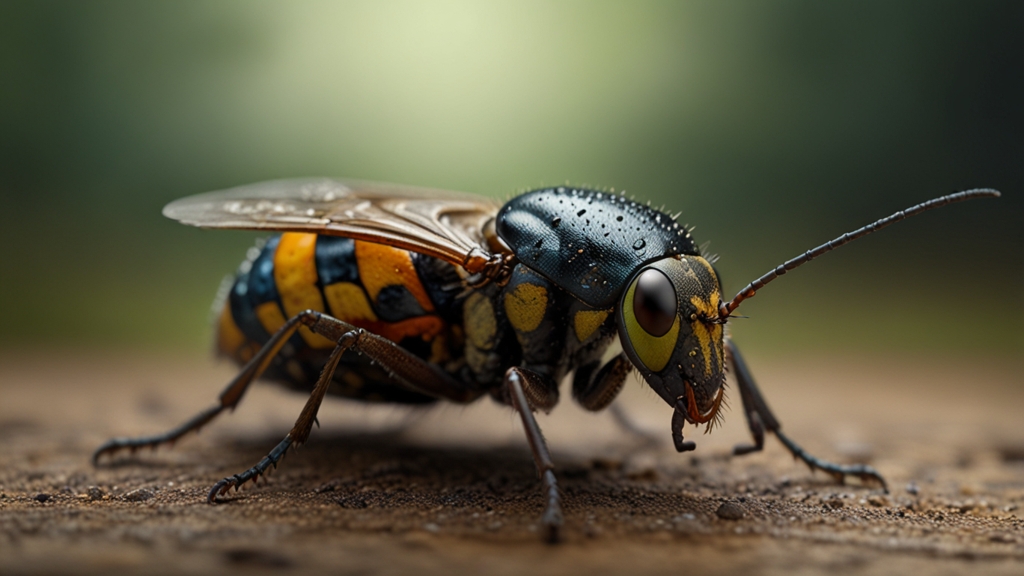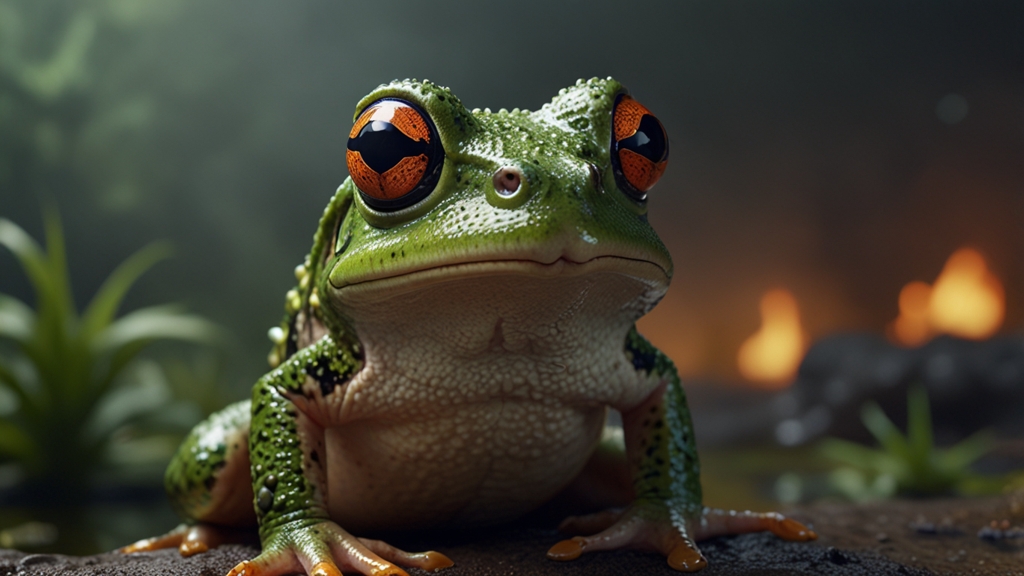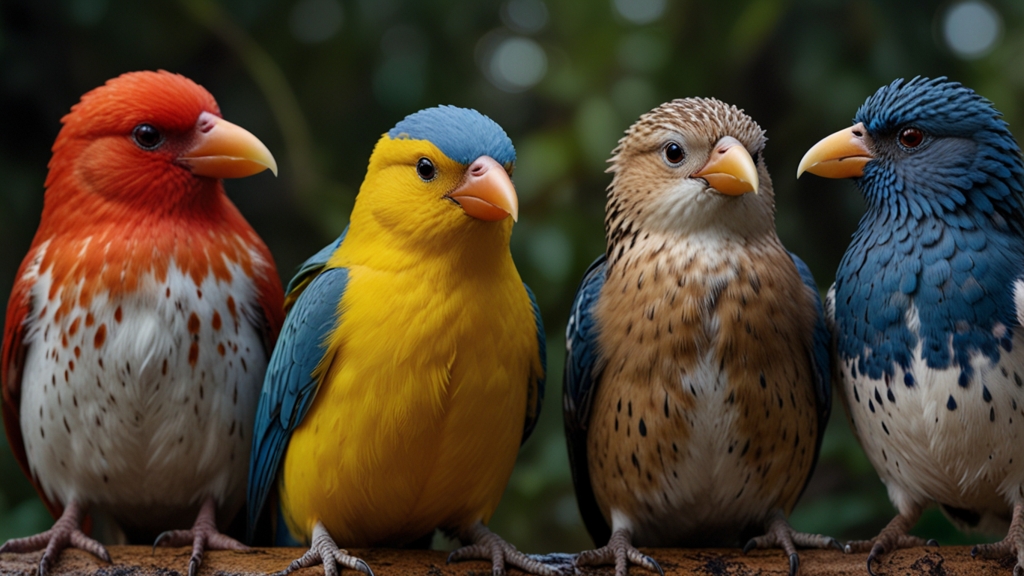Introduction
In the hustle and bustle of modern life, it's easy to overlook the wildlife that thrives around us. However, understanding and appreciating the significance of wildlife is crucial not only for the environment but for our own well-being. From sustaining ecological balance to providing inspiration and joy, wildlife plays a vital role in our lives.
The Ecological Balance
Wildlife is a key component of ecological systems. Animals, plants, fungi, and microorganisms interact with each other in complex webs that sustain life on Earth. Predators keep the population of prey species in check, herbivores regulate plant communities, and so on. For instance, wolves control deer populations, which in turn allows vegetation to flourish. This balanced interaction maintains the health and functionality of ecosystems.
"Biodiversity, the rich variety of life on Earth, is important for many reasons. It has a fundamental value in maintaining the ecological systems that provide us with health, wealth, food, fuel, and the vital services our lives depend upon."
— WWF
Economic Significance
Wildlife and their habitats are also significant to the economy. Many communities rely on tourism, which often centers around natural attractions and wildlife sightings—think safaris, bird watching, and diving tours. Moreover, bees and other pollinators contribute to agriculture, which is indispensable for our food supply. Sustainable management of wildlife can, therefore, contribute significantly to economic stability and growth.
Cultural and Inspirational Value
Beyond their ecological and economic roles, wildlife holds immense cultural and inspirational value. Indigenous cultures worldwide often have deep connections with the animals and plants around them, embedded in their traditions, stories, and art. Additionally, wildlife has been a rich source of inspiration for artists, writers, and thinkers throughout human history. Observing animals in their natural habitats can evoke feelings of wonder, excitement, and a deep appreciation for the planet's diversity.
Health Benefits
Interacting with nature and wildlife can also greatly benefit our mental and physical health. Studies have shown that spending time in natural settings can reduce stress, improve mood, and enhance cognitive function. Whether it's a walk in the park, birdwatching, or a weekend camping trip, these activities can reconnect us with nature and provide a much-needed break from our hectic lives.
"In every walk with nature, one receives far more than he seeks."
— John Muir
Conservation Efforts
Despite their importance, many wildlife species face threats from habitat destruction, climate change, and poaching. Conservation efforts are essential to protect these species and maintain ecological balance. Organizations and governments worldwide work tirelessly to establish protected areas, enact regulations, and engage communities in conservation initiatives. Supporting these efforts through donations, volunteering, or simply spreading awareness can make a significant difference.
Personal Responsibility
Caring about wildlife also means taking personal responsibility for our actions. Simple steps such as reducing waste, using eco-friendly products, and supporting sustainable practices can have a ripple effect on wildlife conservation. Educating ourselves and others about the importance of wildlife can foster a collective effort to preserve the natural world for future generations.
Conclusion
Wildlife is not just a backdrop to our lives; it is an integral part of the fabric of our existence. From maintaining ecological balance to enriching our cultures and improving our well-being, the benefits of caring about wildlife are vast and multifaceted. By valuing and protecting the wildlife around us, we, in turn, ensure a healthier, more vibrant planet for all living beings.
"The greatness of a nation and its moral progress can be judged by the way its animals are treated."
— Mahatma Gandhi


